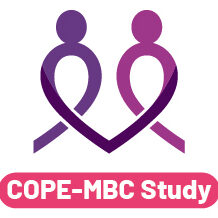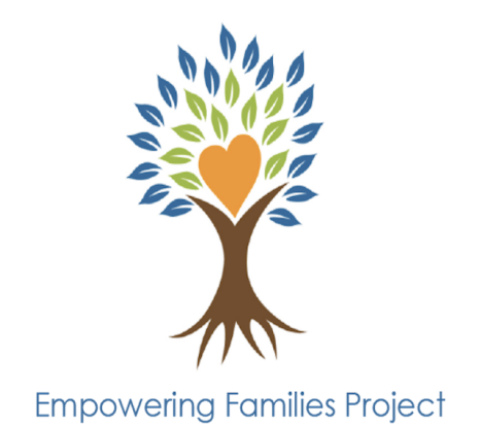Data Collection Ongoing
Cognitive Outcomes & Partner Engagement in Metastatic Breast Cancer (COPE-MBC Study)

This daily diary study is being conducted in collaboration with the Henneghan Lab in the School of Nursing. The purpose of this study is to understand how individuals living with metastatic breast cancer, along with their partners, deal with cancer-related cognitive symptoms in their everyday life.
Data Collection Completed
Belongingness in Social Science Classes (2024-2025)
It is now well-documented that the samples that comprise the majority of social science research are not representative of the diverse human population. In this Science of Teaching and Learning project we are examining the impact of non-diverse research samples as a unique threat to belongingness in undergraduate social science classes. We are currently collecting qualitative data to better understand this issue from the student perspective.
Empowering Families Project: An RCT of the effects of relationship education with and without ancillary economic services on family outcomes (2020-2025)

This study is funded by a grant awarded by the U.S. DHHS Administration for Children and Families, Office of Family Assistance and is being conducted in collaboration with three community agencies in Fort Worth, TX; The Parenting Center, Pathfinders, and The Women’s Center.
We are conducting a three-arm RCT aimed at couples living in a low-socioeconomic context to determine whether couples experience greater improvements in relationship outcomes when they receive economic-targeted interventions in addition to a relationship-targeted intervention. Couples who enroll in the study will be randomized to one of three groups: 1) no treatment control group, 2) relationship education only, 3) relationship education and career & financial coaching. Couples are then followed for one year to assess their relationship and economic outcomes.
New Parents Project: Observing changes in relationships over the transition to parenthood (2021-2025)
This study is being conducted in collaboration with People’s Community Clinic Center for Women’s Health in Austin, TX which provides medical care for underserved and uninsured patients. We are recruiting married and unmarried couples who are expecting a child and collecting data from the third trimester of pregnancy through their child’s first birthday. This is an observational study to examine the relational and contextual factors that affect couples living in a low-socioeconomic context as they cope with this life transition.
Empowering Students Project: Evaluating the effects of youth relationship education in traditional and nontraditional school settings (2020-2025)
This study is funded by a grant awarded by the U.S. DHHS Administration for Children and Families, Office of Family Assistance and is being conducted in collaboration with The Parenting Center, a community agency in Fort Worth, TX. The Parenting Center will be delivering youth relationship education classes in high schools in the Fort Worth area and the Williamson Lab is conducting research to evaluate the outcomes of these programs. High school age youth who receive the classes are expected to learn about healthy relationship behaviors and warning signs of unhealthy relationships.
Future First: Evaluating the effects of integrated youth sexual and relationship education (2021-2025)
This study is funded by a grant awarded by the U.S. DHHS Administration for Children and Families, Family and Youth Services Bureau, Adolescent Pregnancy Prevention Program and is being conducted in collaboration with The Parenting Center, a community agency based in Fort Worth, TX.
The state of Texas is well above the national average in teen pregnancies, yet the state does not require that sexual education provided in public schools is medically accurate, and more than half of Texas high schools teach abstinence-only sexual education. In this project, The Parenting Center will be delivering medically accurate sexual education, along with integrated material on healthy relationships, to high school students in the Fort Worth area, and The Williamson Lab is conducting research to evaluate the outcome of these programs.

